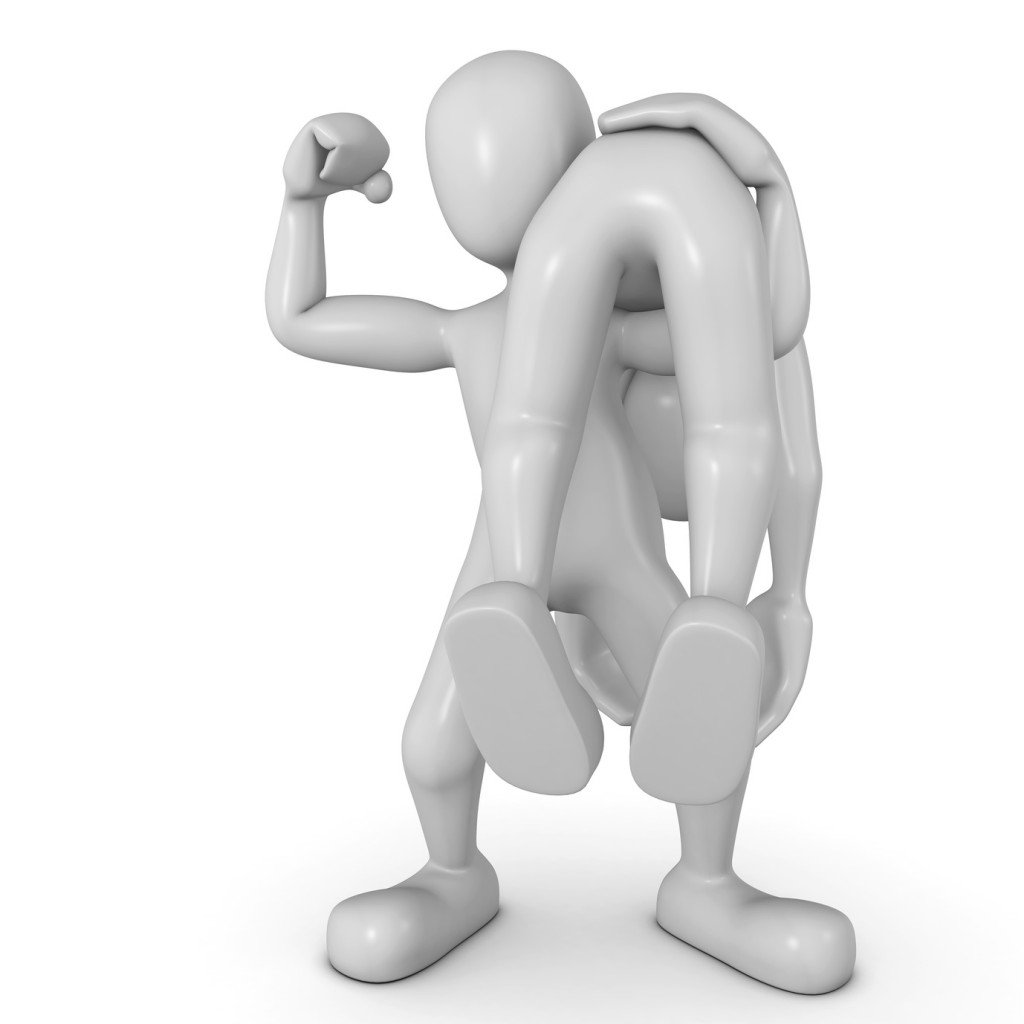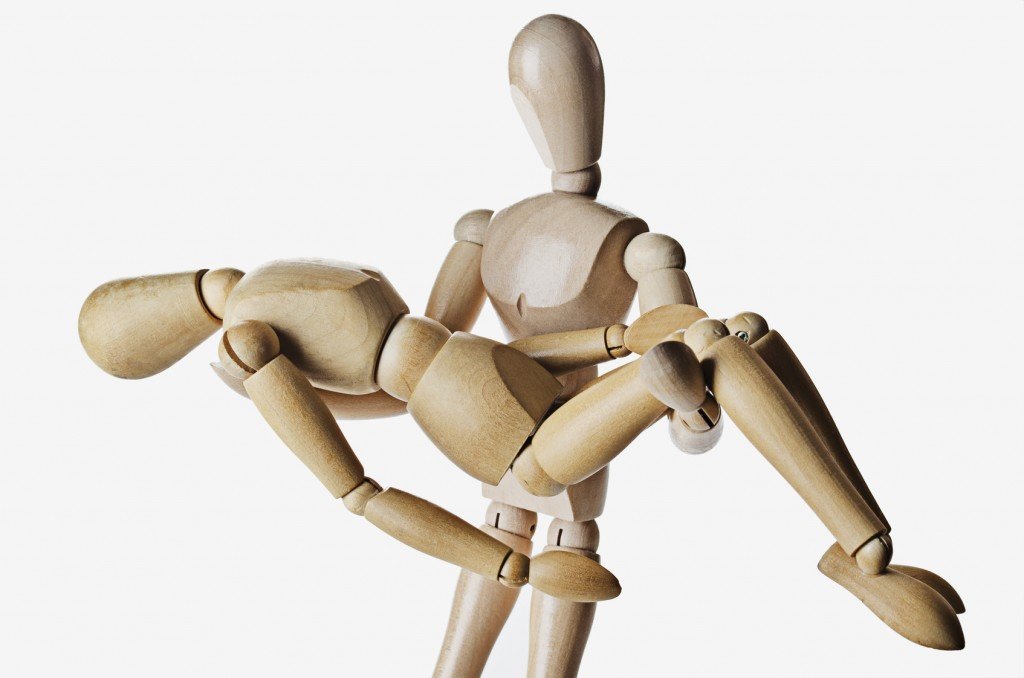Table of Contents (click to expand)
People feel heavier when they are unconscious because their body has gone limp. This limpness means that the person’s weight is imbalanced and constantly shifting. So, one would have to put in more effort to hold person in such a way that their weight remain equally balanced. When a person is awake, they are able to control their muscles and maintain their center of gravity.
Have you ever had to pick up your partner from the couch after they fell asleep during a movie? What about ensuring that a friend who has had a few too many drinks gets safely to bed? If you’ve ever tried to pick up or lift an unconscious person, you’ll have noticed one very important thing.
Aside from the task being a bit annoying, it also feels like the person is heavier than they normally would be. It doesn’t seem to make physical sense, and yet anecdotal evidence and the experience of millions of people seem to say otherwise…. so why do unconscious people feel heavier?
What Is Dead Weight?
There is a term that you’ve likely heard before, when someone or something is “dead weight”. That phrase seems a bit morbid, but it stems from the experience of this very phenomenon. When someone is “dead” or “unconscious”, the person does appear to weigh more, but in reality, this apparent weight change has very little to do with the presence of life or consciousness, and much more to do with the placement of weight.

Center of mass is an important consideration when lifting anything; if you pick up a 100-pound box, it would be much easier than picking up a 100-pound pile of assorted metal junk, because balancing that unequally distributed weight would impact your own balance and stability. You wouldn’t be able to engage the same muscles in a continual exertion.
Instead, you would be compensating for the shifting parts of the pile, adjusting your grip and balance with every step and change in weight distribution. This would require more effort and strain for you, thus making it seem heavier than a compact 100-pound package.
Also Read: Should You Relax Your Body Completely Before Impact While Falling Down?
The Difference Between Carrying A Conscious And An Unconscious Person
In answer to our main question of this article, when a conscious person is being carried or picked up, their core often contracts and their muscles tense in an effort to make them a more “manageable package”. Even if you are injured or being rescued by someone (say Superman or a SWAT officer), you will likely wrap your arms around their neck, and try to remain as still as possible.
This isn’t a conscious decision by most people to maintain their center of mass; it’s simply a more convenient and safe way to be carried for everyone involved.
If you are unconscious, however, that idea of dead weight comes into play. Your limbs will likely be limp and swinging to and fro without any effort to stop them, and your head will be rolling from side to side. You will be much more likely to slip out of someone’s grasp when your body fails to react to bumps, jolts, and even simple steps taken by your carrier.
The center of mass becomes a dynamic element of the person’s body, and ceases to be held directly in the hands. Some of that mass shifts to below the body, where the swinging limbs are, making it much harder to control. Furthermore, all the responsibility lands squarely on the carrier’s arms and back.

When a conscious person wraps their arms around a carrier’s neck, some of their weight is managed by the muscles of the neck and shoulders, thus relieving some of the strain from the arms and back. Dead weight doesn’t have any consideration like that, however, and just flops around like a sack of potatoes, weighting us down.
Even if someone being carried doesn’t wrap their arms around the person’s neck to hold on, they will still unconsciously tighten their core and other muscle groups to make the trip as comfortable and manageable as possible.
In other words, for any of those people worried about putting on weight the moment they die, or about mysterious mass gain once they fall asleep, stop worrying! Better yet, just avoid situations when you might end up needing anyone to pick you up – like a crazy night out at the club.
Also Read: Why Is It Important To Keep A Victim Conscious After A Serious Injury?
Can you pass this quiz?

